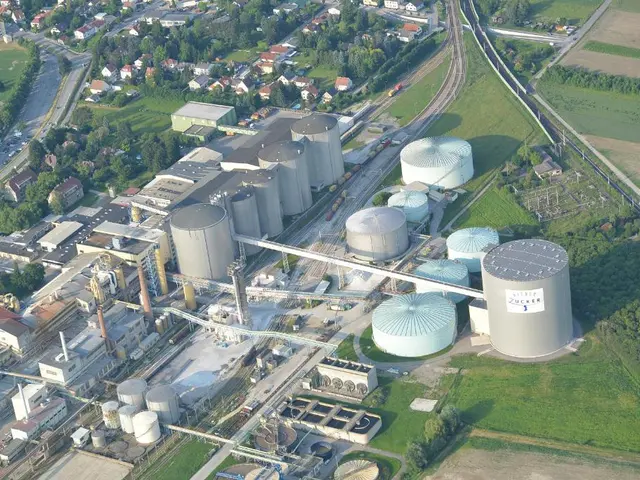Artificial Intelligence streamlined for enhanced kidney dialysis
In a groundbreaking development, researchers have developed an artificial intelligence (AI) system designed to improve the formation of arterio-venous fistulae (AVF) during dialysis, a life-sustaining treatment for millions of patients with kidney failure. The AI system, which has undergone preliminary tests in pigs, has been successful, according to researchers.
The study, published in the journal Physics of Fluids, was conducted by scientists, including those from Imperial College London in the UK. The researchers used computer modeling techniques from the aerospace industry to optimize the shape of an AVF. The AI system has been used to suppress unsteadiness in the blood flow within the AVF, a significant issue for these patients that leads to numerous hospital admissions and operations.
The AI system, developed by researchers associated with the Brandenburg University of Technology Cottbus-Senftenberg, shows great promise for these patients. By improving outcomes from AVF surgery, the AI system could potentially reduce the need for repeated operations, leading to better quality dialysis.
Dialysis is a medical procedure used to remove waste products and excess fluid from the blood when the kidneys stop working properly. The dialysis machine is connected to the patient through a special junction called an arterio-venous fistulae (AVF). The AVF is formed between an artery and a vein in the patient's wrist or upper arm. These patients rely on AVF procedures for blood cleaning.
Dysfunction and failure in AVF is a significant issue for these patients, leading to numerous hospital admissions and operations. By optimizing the shape of an AVF using AI, the researchers aim to improve the stability and efficiency of the blood flow, reducing the risk of complications.
Improving the formation of AVF could have a profound impact on the lives of dialysis patients. By reducing the need for repeated operations, patients may experience improved quality of life and reduced healthcare costs. The researchers are hopeful that this AI system will pave the way for a new era in dialysis treatment.
In conclusion, the development of an AI system to optimize blood flow in veins for dialysis patients shows great promise. The system, which has undergone preliminary tests in pigs, has been successful, according to researchers. By reducing the need for repeated operations and improving the formation of AVF, this AI system could lead to better quality dialysis for patients with kidney failure.




